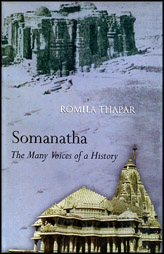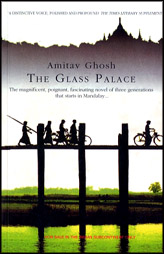Somanatha
An explosive account, drawing together and placing in context the many interpretations of a pivotal moment in Indian history, which dispels the myths and inventions of Hindu nationalism. In 1026, Sultan Mahmud of Ghazni raided the Hindu temple of Somanatha (Somnath in textbooks of the colonial period). The story of the raid has reverberated in Indian history, but largely during the raj. It was first depicted as a trauma for the Hindu population not in India, but in the House of Commons. The triumphalist accounts of the event in Turko-Persian chronicles became the main source for most eighteenth-century historians. It suited everyone and helped the British to divide and rule a multi-millioned subcontinent. In her new book, Romila Thapar, the doyenne of Indian historians, reconstructs what took place by studying other sources, including local Sanskrit inscriptions, biographies of kings and merchants of the period, court epics and popular narratives that have survived. The result is astounding and undermines the traditional version of what took place. What makes her findings explosive is the fact that the current Hindu nationalist regime in India constantly utilizes a particular version of history to further its aims.
Top rated books in this category
































